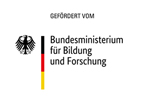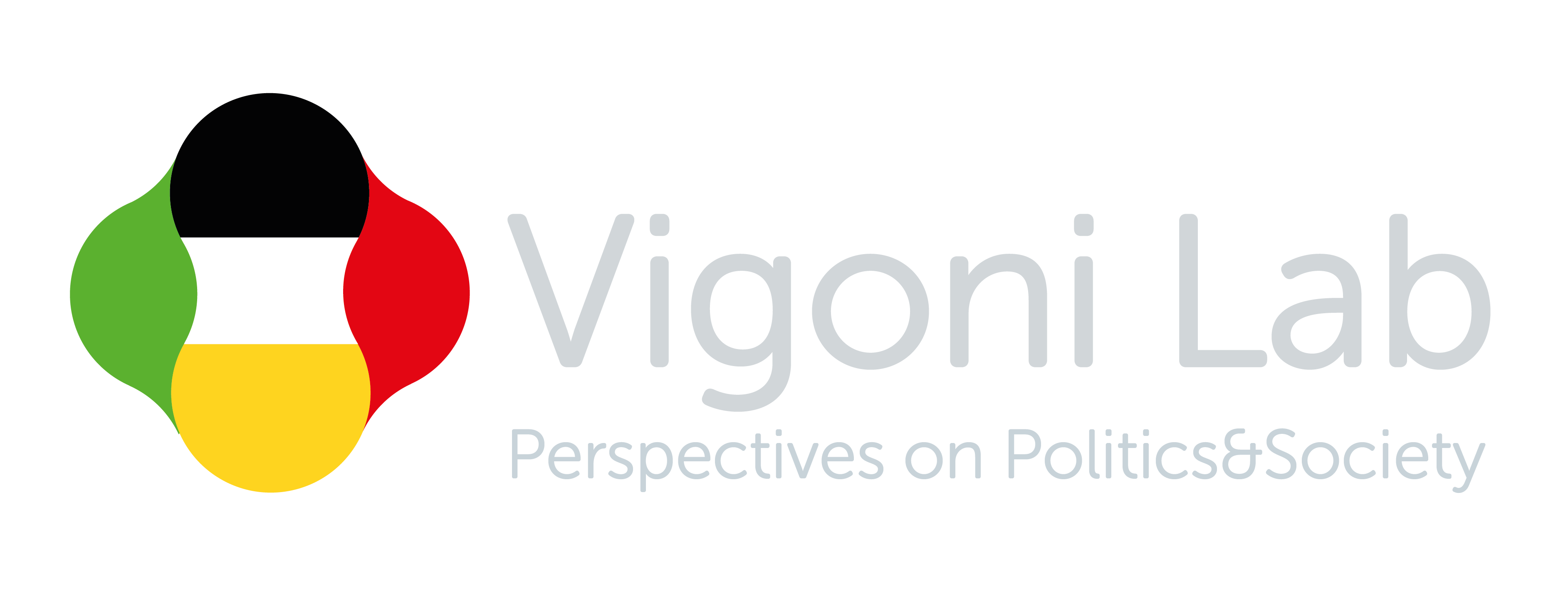


European integration has been a significant drive behind the weakening of national parliaments to the advantage of political executives in the EU. In this regard, scholars have observed that this shift of power is an inherent aspect of international cooperation, which favors the functional redistribution of authority among policy-making institutions and fosters policy-making centralization. Within political executives, the head of government is the actor who benefits the most from this process. Against this background, national parliaments have responded and developed a range of strategies to keep tabs on chief executives, especially after the entry into force of the Lisbon Treaty. This paper aims to assess the nature and the impact of these strategies, by focusing on the institutional mechanisms and practices MPs rely on to oversight prime ministers before and after the meetings of the European Council. Germany and Italy are used as case studies. Contrary to the most negative views about parliamentary capacity to control EU affairs in the two countries, the analysis shows that MPs make effective use of their powers to affect the agenda of EU summits. However, there are differences between the two countries. While German MPs have strong formal powers and are characterized by moderate activism, Italian MPs suffer from a weaker position vis-à-vis the prime minister and make a limited use of the institutional mechanisms at their disposal. The work discusses the redefinition of democratic accountability in EU affairs, in light of remarkable trends towards the political empowerment of chief executives.
N.1/2023 MPs Versus Prime Ministers
This paper is sponsored by the German Federal Ministry of Education and Research (BMBF) within the framework of the project "Vigoni Lab".


 This work is licensed under a Creative Commons Attribution-NonCommercial-NoDerivatives 4.0 International License.
This work is licensed under a Creative Commons Attribution-NonCommercial-NoDerivatives 4.0 International License.